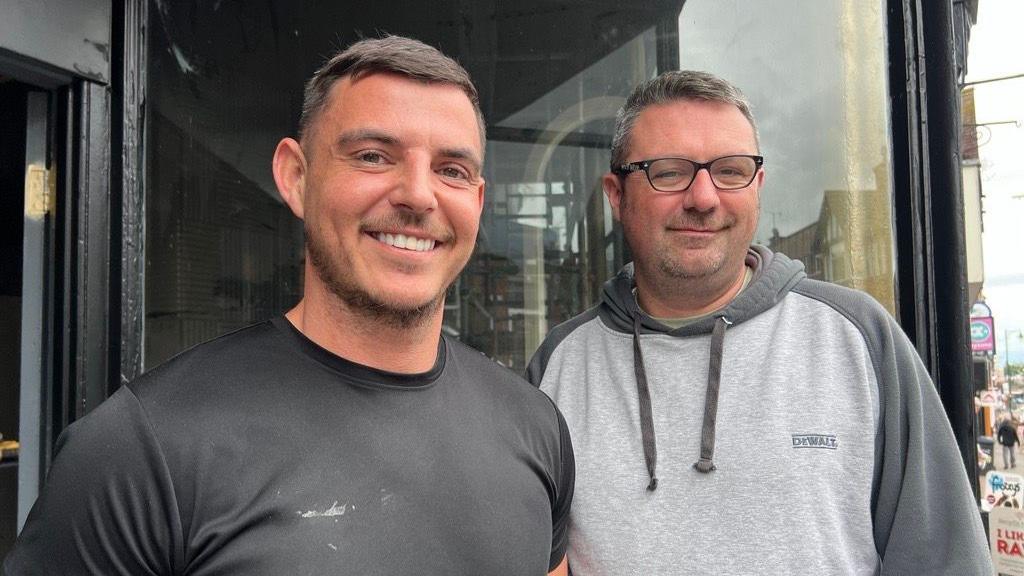Taylor Swift ticket scammers 'feed off fans' desperation'

Vicky says in hindsight there were red flags but the Taylor Swift ticket scam was "so well planned"
- Published
A victim of an online Taylor Swift ticket scam said the fraudsters were "feeding off" fans' "desperation" to get to see the star.
Vicky, 31, from Stretford, Greater Manchester, lost £230 after buying what she thought were genuine tickets to see the singer in Liverpool on the UK leg of her Eras tour last month on a local Facebook group.
She told BBC Radio 4's You and Yours it emerged the woman who she thought she was buying the tickets off had her Facebook account hacked and scammers were using her profile to sell fake tickets on several community groups.
Fans were said to have lost an estimated £1m in ticket scams, with 90% via Facebook, according to a report by Lloyds Bank.

Getting Taylor Swift tickets is like getting the "Willy Wonka golden ticket", says Vicky
The UK dates for Swift's Eras tour were sold out prompting some fans who did not get tickets through official channels to look elsewhere.
Vicky said she spotted a woman on a Facebook group selling four tickets for one of Swift's gigs at Anfield in Liverpool.
Being aware of scams on Facebook with concert tickets, Vicky said she had "researched" and could see from *Elizabeth's profile she was a regular poster on various community groups and had posts and photos dating back years, making her think it was a "legit" person.
Vicky agreed to buy two tickets for £150, trusting Elizabeth as she offered to send the two tickets after receiving payment for one.
Listen to You and Yours on BBC Radio 4 for an investigation into the world of Facebook profile hijacking targeting fans through Taylor Swift ticket groups
Elizabeth asked for payment through Revolut but Vicky wasn't familiar with the platform and realised they lived nearby so asked to meet up and transfer in person.
Vicky became suspicious and was thinking of backing out until Elizabeth shared a photo of her passport, which reassured her, she said: "Why would you send a photo of your passport if you weren't real?"
Further payments were requested of Vicky, one for a name change on the tickets and another £25 for an admin fee.
She sent £150 and then further payments were requested for a name transfer on the tickets. Then another was requested for an admin fee.
At this point Vicky asked for a screen-recording of the tickets. She was then blocked and she realised she had been scammed.

Taylor Swift played at Liverpool FC's Anfield stadium last month
This is when Vicky found out it was not Elizabeth she was dealing with and her account had been hijacked by scammers using Elizabeth's account to post in various groups.
Vicky said: "They manipulate you into thinking that you owe them, they were like 'yeah we can do one ticket at a time', so you feel like this person is trusting me, so... I should trust them."
"They're feeding off your desperation," she said adding the tickets were "like the Willy Wonka golden ticket".
She said both she and Elizabeth have been "wronged" by the fraudsters.
She said: "There are red flags when you look back and you think 'how stupid could I have been?'"
She said the account name did not line up but after checking out the Facebook profile and "because you're so desperate for the tickets, you're just so entrusting".
She said: "You've only paid for one ticket, but they're sending you two, it's so well planned and thought through that the manipulation in your brain is so much."
"In hindsight… you feel like an idiot and that's the horrible thing," Vicky said.
"That's why some people will not want to speak up about being scammed because you just feel... a bit stupid you fell for it."
Sadly she said she was "not alone because this has probably happened to a lot of people".
Taylor Swift and Olympics scams fuelling fraud
- Published22 May 2024
Taylor Swift superfans caught in £250 ticket scam
- Published6 April 2024
Why is Taylor Swift so big? 'She wants it more than anyone'
- Published7 June 2024
Elizabeth, from south Manchester, said she was completely oblivious scammers were using her account until people she knew started directly messaging her through WhatsApp asking how much she wanted for the tickets.
"I was the unfortunate victim of a Facebook hack, so somebody maliciously took over my Facebook account," she said.
"The fraudsters had taken over my account and were posting on groups that I am members of, so community groups, things like that."
She said the fraudsters who had taken over her account were able to use a picture she had taken of her passport to "dupe people into believing that it was a legitimate post".
She said the fact they had a picture of my passport "scared me immensely" and she cancelled it immediately.
"I was worried they might have been trying to open a bank account or other financial contracts in my name and using that, as proof," she said.
A Meta spokesperson said: "Fraudulent activity is not allowed on our platforms and we are investigating the content brought to our attention.
"We are continually investing in protections against fraud on our platforms and work closely with law enforcement to tackle this issue, and encourage people to report content they believe to be fake using our in-app tools."
How to spot and avoid a scam
Do some research on the company you're buying from and only purchase tickets from the venue, the promoter (such as Live Nation), an official agent (such as Ticketmaster) or a well-known and reputable ticket exchange site
Search engines such as Google aren't always the best place to look, as unauthorised ticket resellers can buy their way to the top of listings with ads
Look out for the STAR logo - that means the vendor is a member of Society of Ticket Agents and Retailers and signals company has signed up to strict governing standards
Avoid paying for tickets by bank transfer, especially if buying from someone unknown
Credit card or payment services such as PayPal give you a better chance of recovering the money if you become a victim of fraud. PayPal advises when buying goods to mark the payment as goods and services as the transaction will be eligible for buyer protection, external
Be wary of unsolicited emails, texts or adverts offering unbelievably good deals on tickets - it's more than likely that such offers are too good to be true
Source: Action Fraud, external
*Elizabeth's name has been changed to protect her identity
Listen to the best of BBC Radio Manchester on Sounds and follow BBC Manchester on Facebook, external, X, external and Instagram, external. You can also send story ideas to northwest.newsonline@bbc.co.uk, external
Related topics
- Published17 April 2024

- Published14 June 2024

- Published14 June 2024
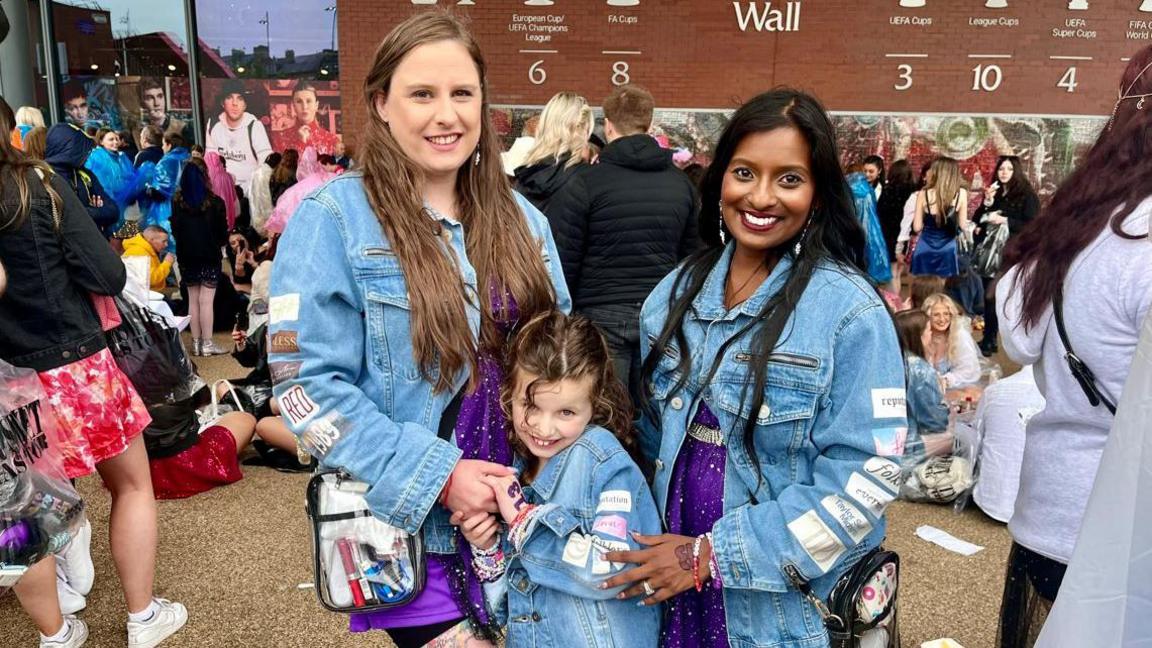
- Published13 June 2024
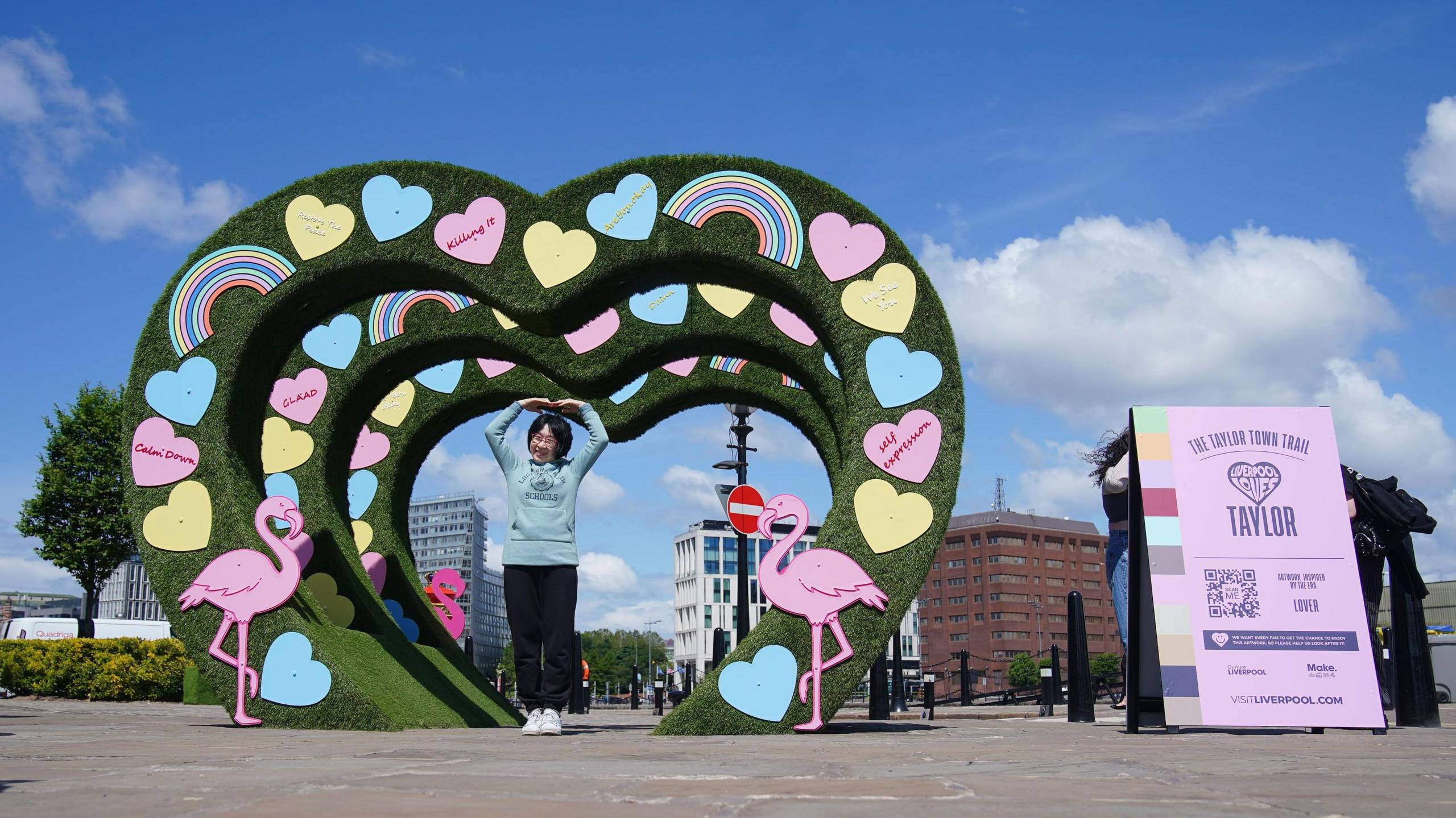
- Published6 April 2024
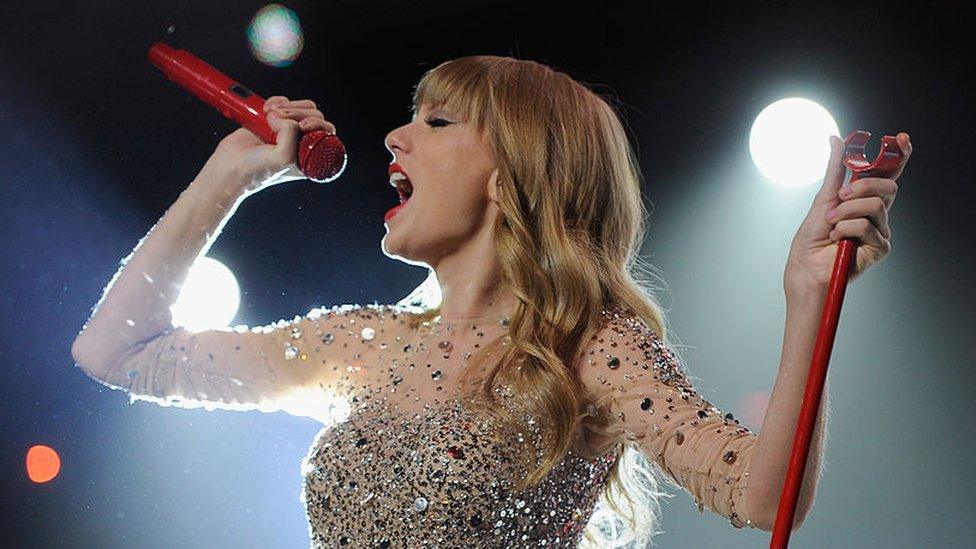
- Published7 June 2024
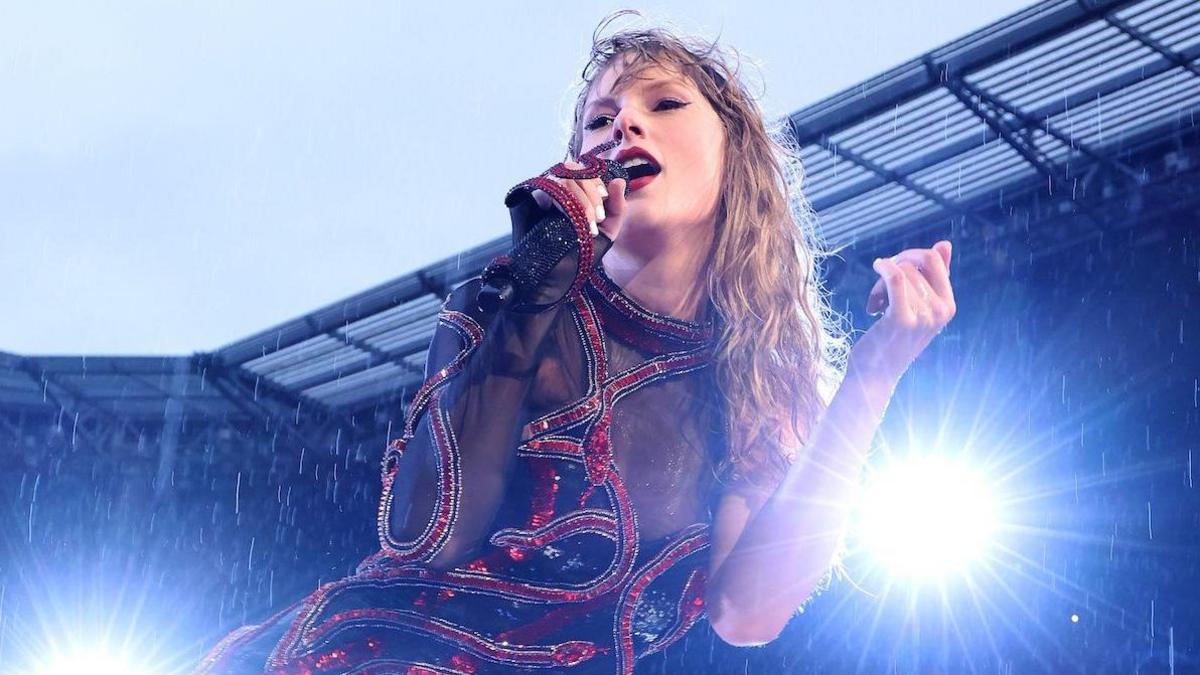
- Published17 July 2024
